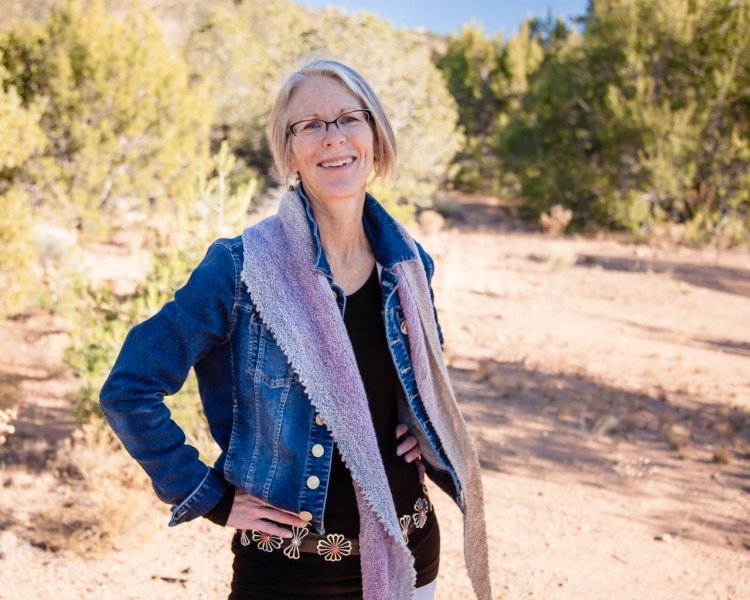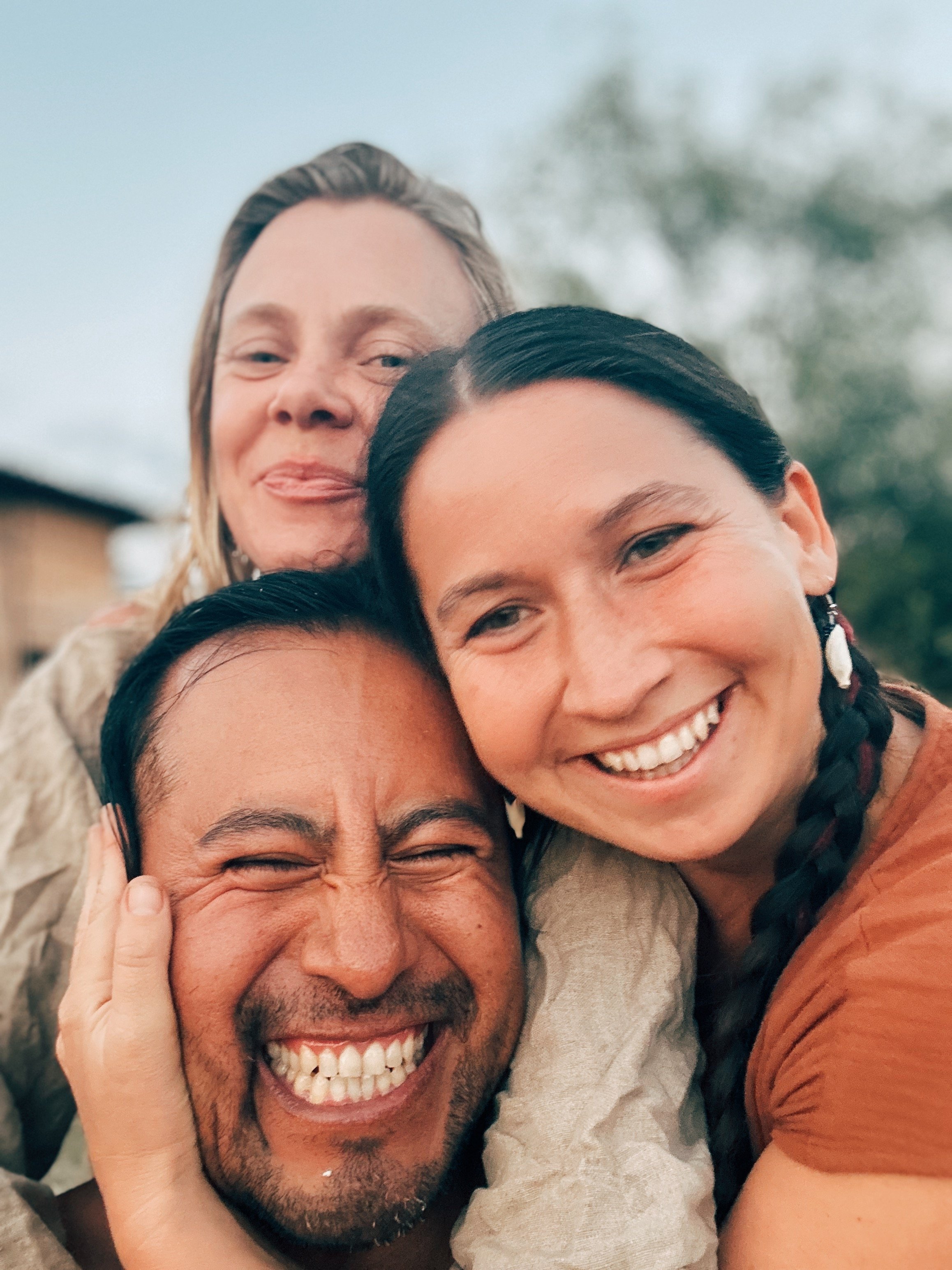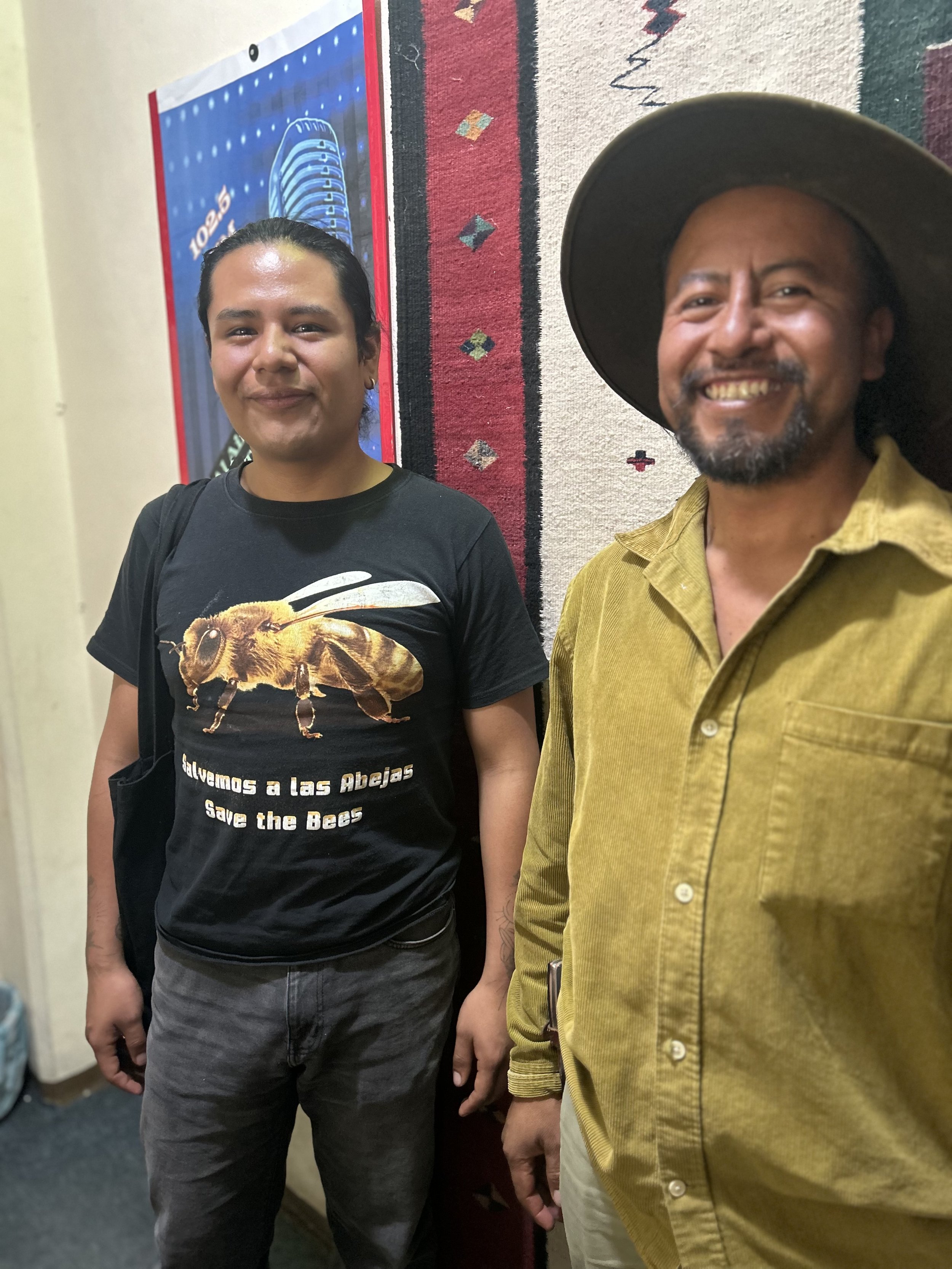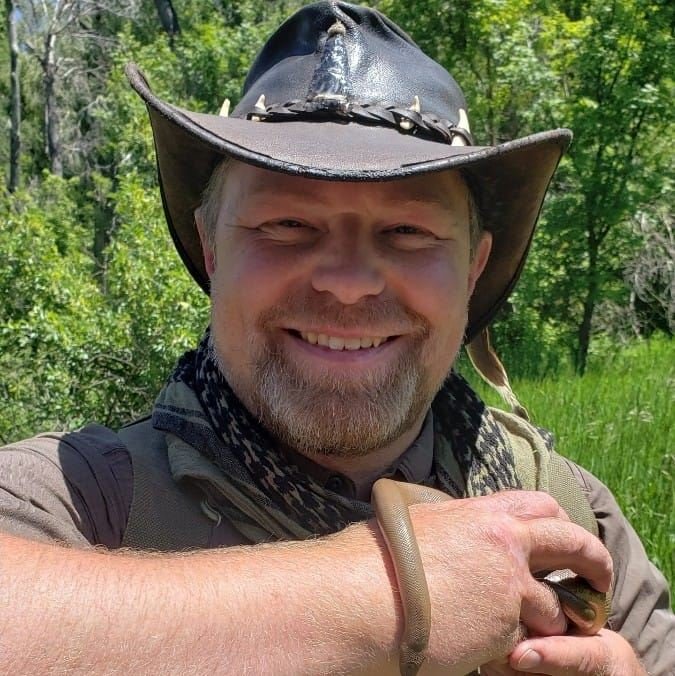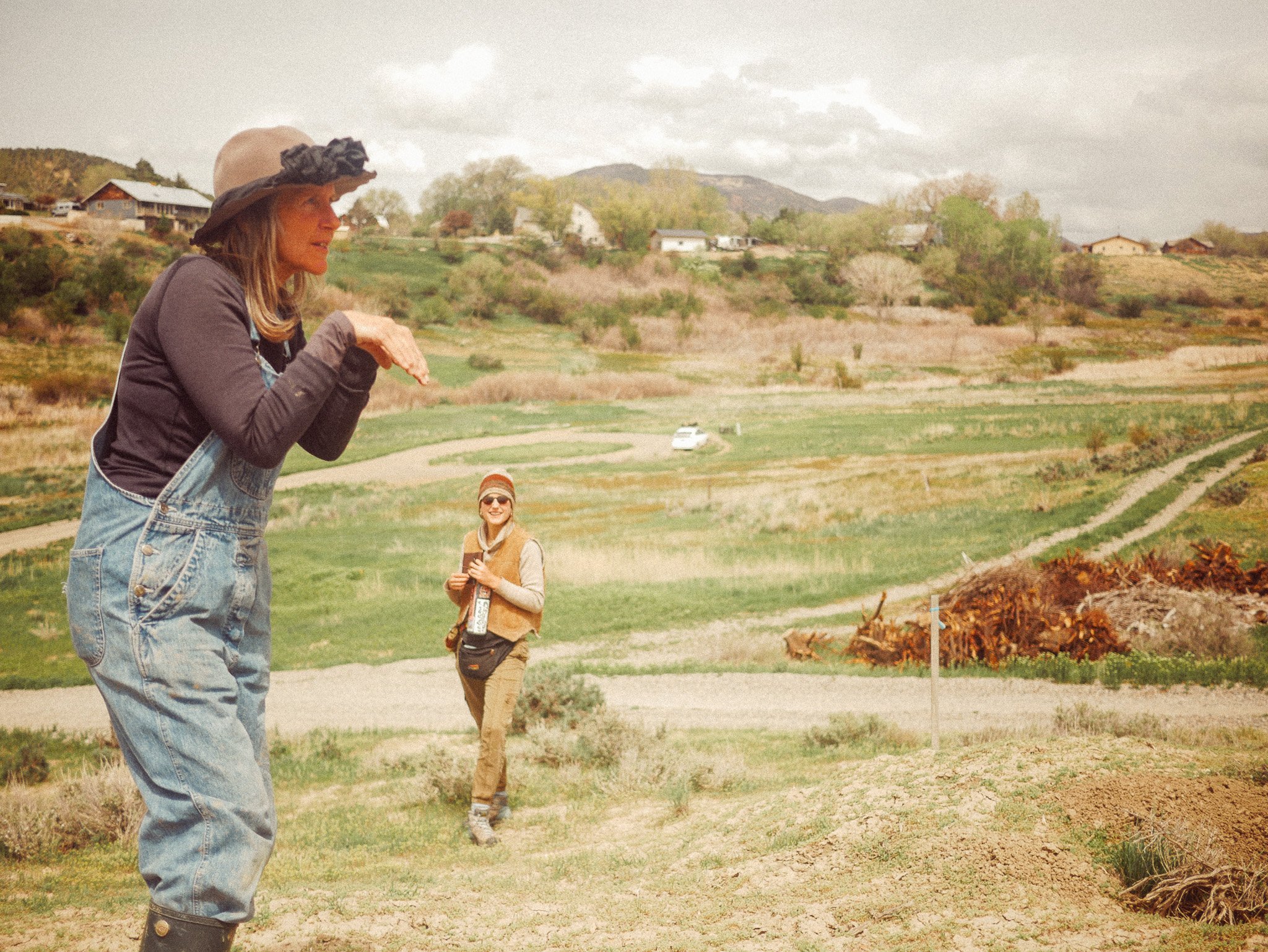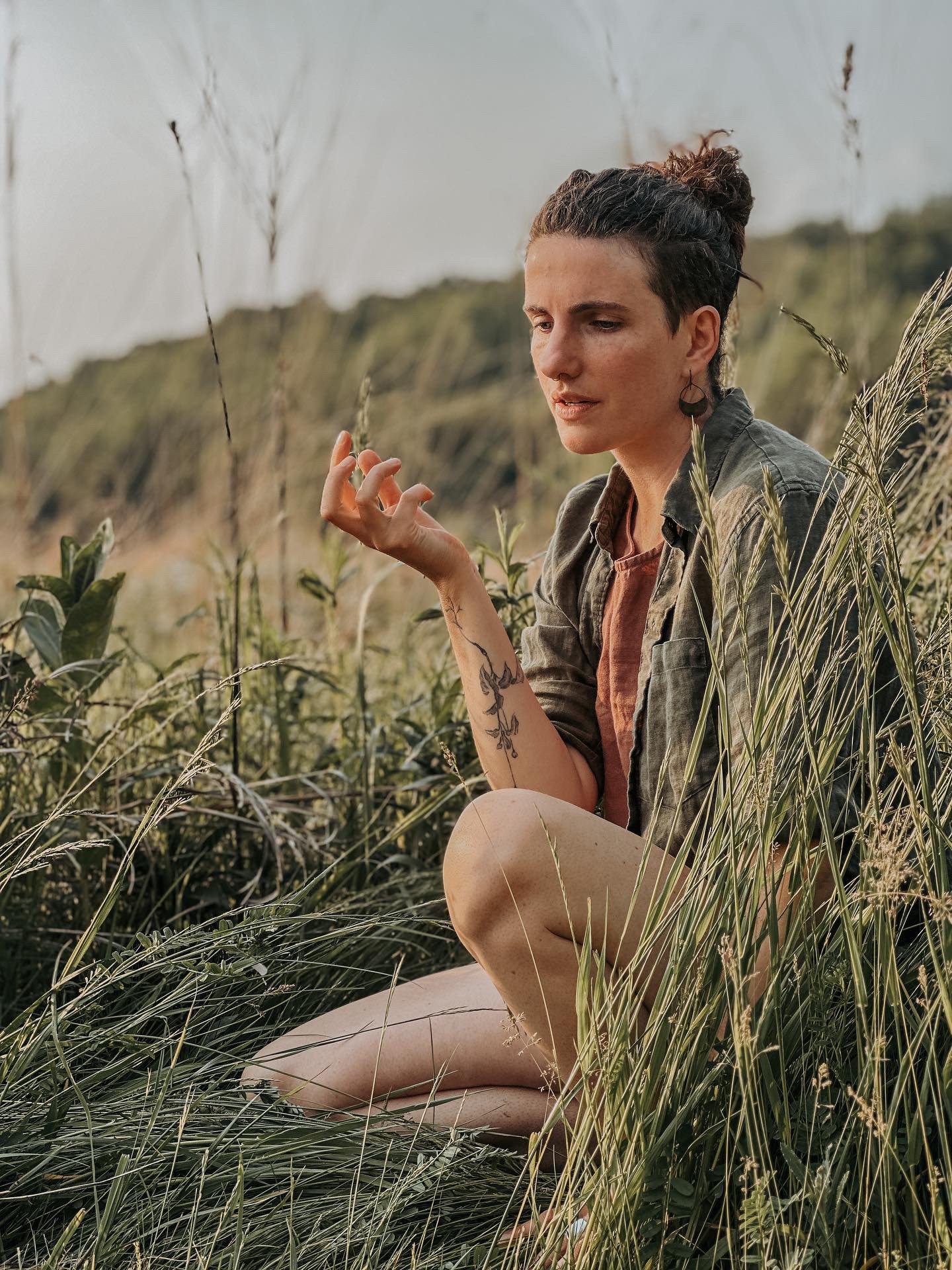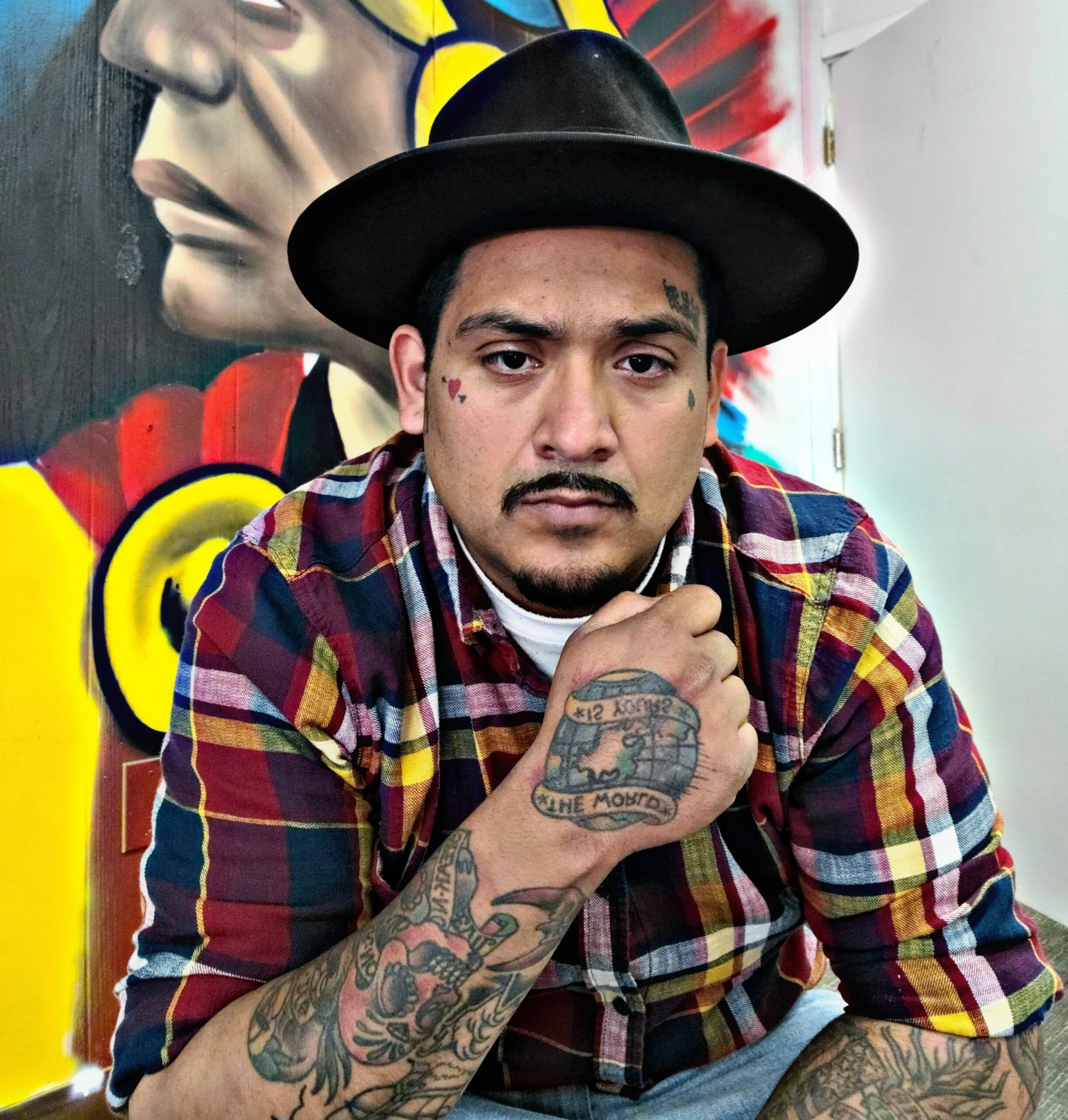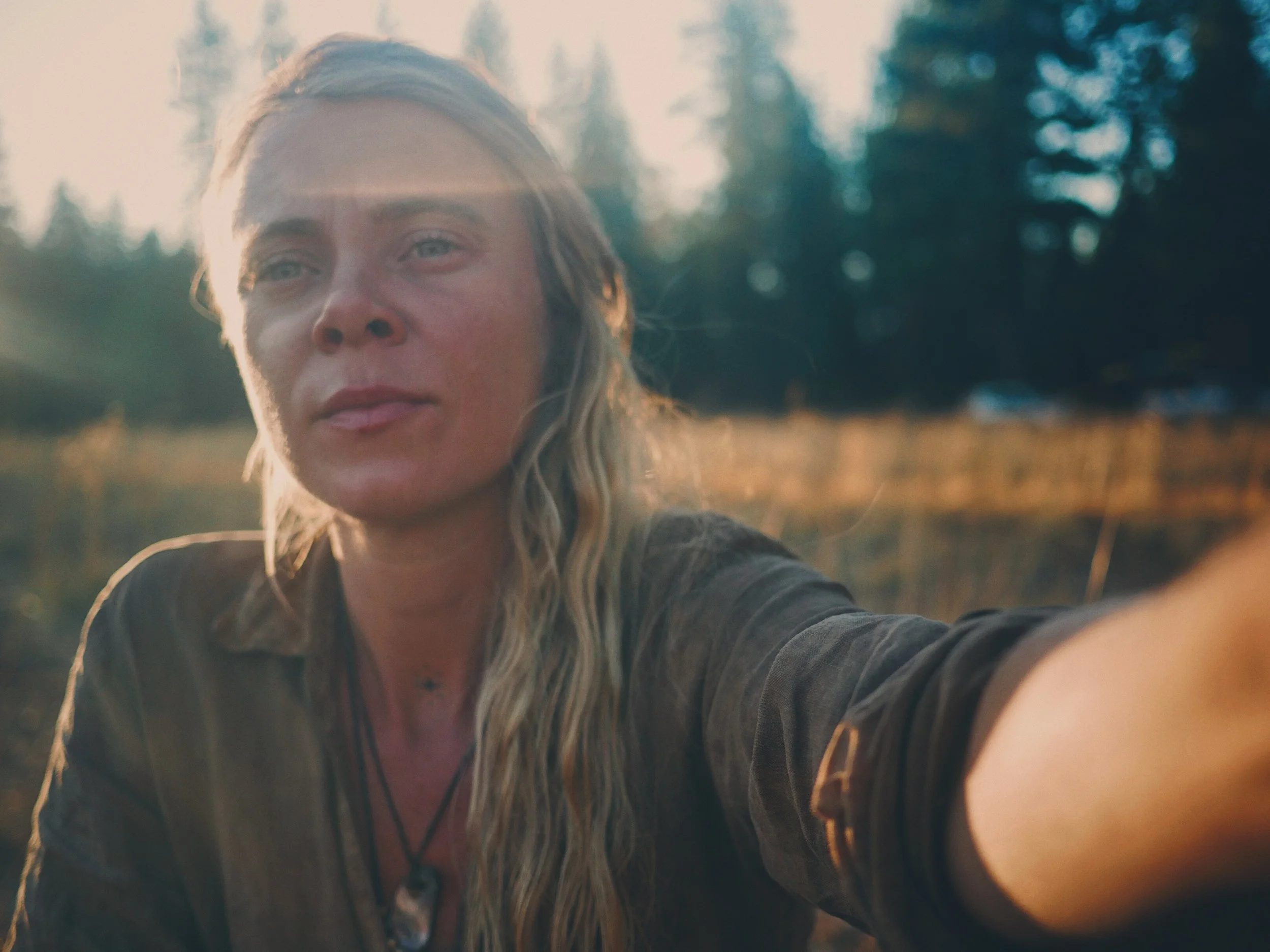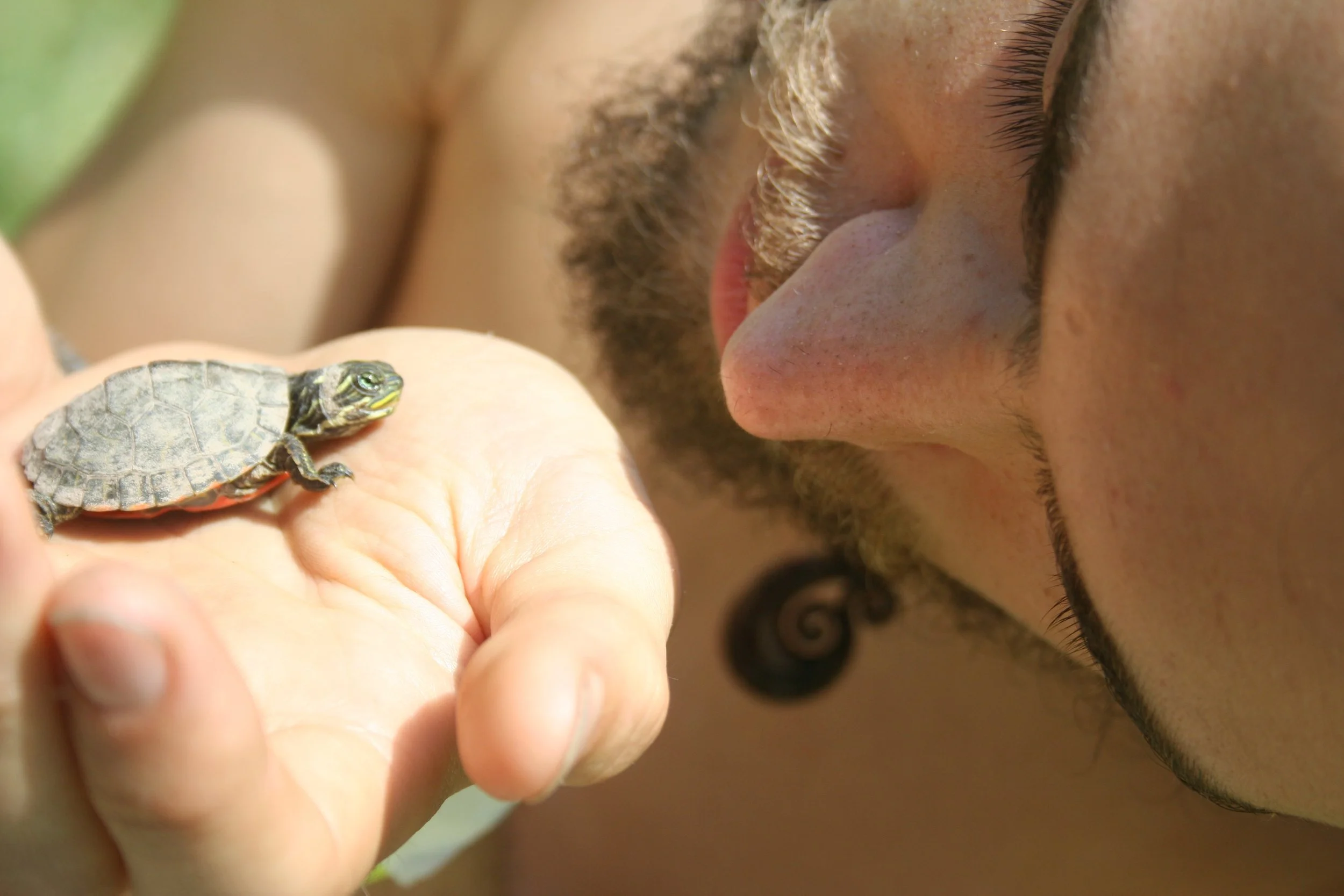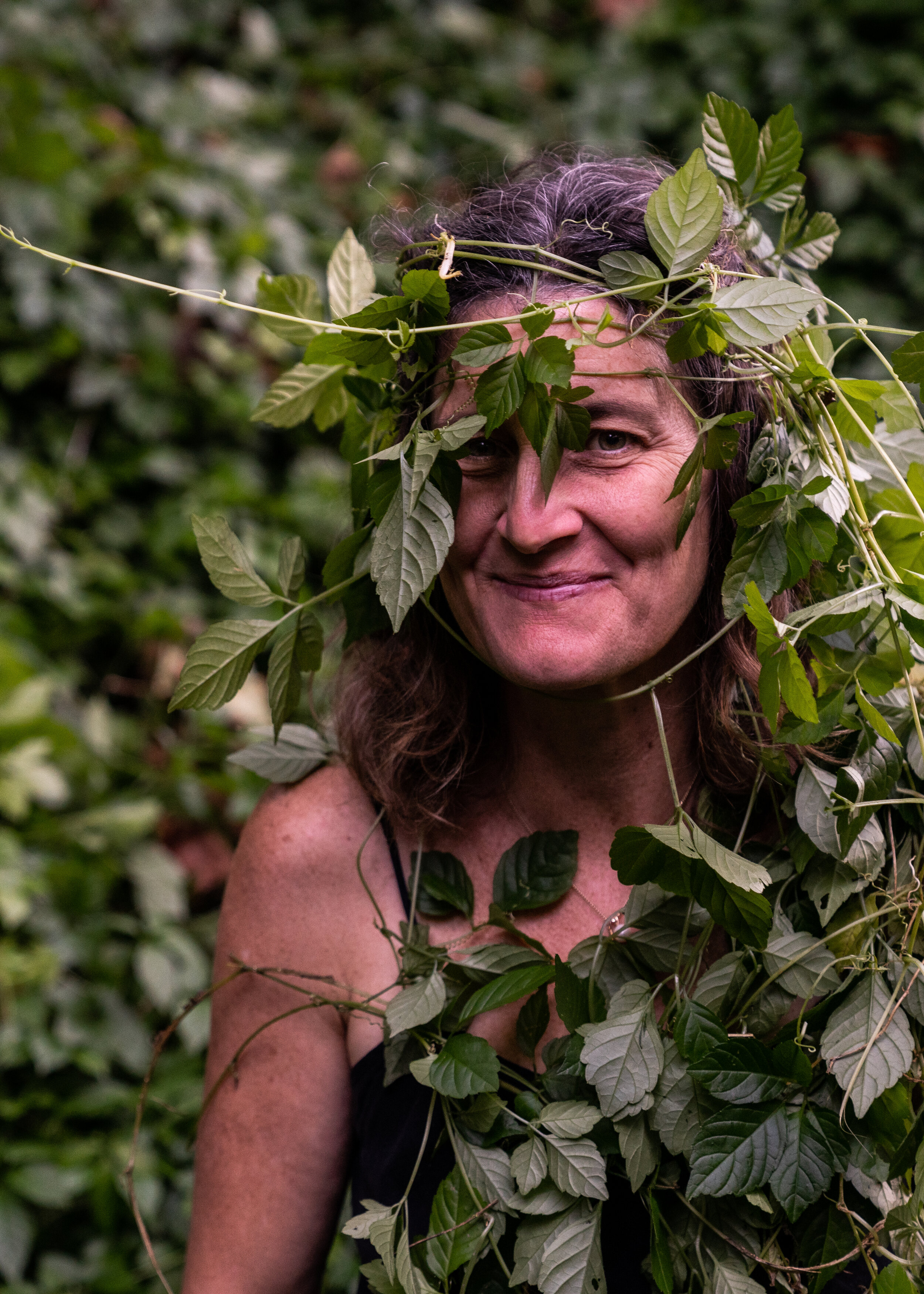Episode #71 of the Ground Shots Podcast is a conversation with author and scientist Susan Tweit.
Susan Tweit is a plant biologist with a calling to restore nature and our connection with the community of the land especially close to home. Plants are her people, as she says, fascinated by the myriad ways they weave the world’s living communities, forming the green tapestry that covers this planet. Susan began her career as a field ecologist studying sagebrush, grizzly bears and wildfires. She reveled in the work and the time outside in the west’s expansive landscapes, but eventually realized she loved the stories in the data more than collecting those data. So, she learned how to tell those stories, not an easy trick for a scientist schooled in dispassionate and impersonal prose.
Susan and I met at the Paonia Books opening event in Paonia, Colorado in late fall 2022. During the event, we ended up getting into a conversation about plants by the hard cider sample table, and decided to try at some point to do an interview for the podcast. I was curious about Susan’s work as a writer and botanist, ecology scientist and was excited to dig deeper. We managed to meet up a few weeks later and recorded a conversation in Paonia Books’ back room where they hold writing workshops.
She has written a handful of books on a variety of themes. Some of her titles include ‘Barren, Wild and Worthless, Living in the Chihuahuan Desert,’ ‘The Rocky Mountain Garden Guide,’ and ‘Bless the Birds: Living with Love in a Time of Dying.’
In this conversation with Susan, we talk about:
some animal and plant co-evolutions in desert ecology
politics in desert areas and beyond relating to cattle, wolves, coyotes, prairie dogs, and jaguars
the cultural influences in science on what is a ‘weed’ or a plant that doesn’t belong
science as a system of gathering information and isn’t necessarily objective
how different worldviews and cultures deal with ‘invasive species and conservation goals
what do ‘invasive species’ tell us about our human behavior?
how we need to change our relationship to private land in relation to land conservation and ecological health
speaking to kudzu, salt cedar, cheatgrass, houndstongue, and wild horses
the effect of wild horses on springs in the Chihuahuan desert
the state of groundwater in deserts in the west
fear and revering wildness
the importance of giving up lawns to pollinator plants
we are walking ecosystems yet we see the wild as ‘out there’
how BLM land was formed west of the Mississippi
the current state of the sagebrush steppe ecosystem
how marrying emotion and the depersonalization of science is a part of critically evolving the field of ethnobotany
how Susan dealt with sexism as a young scientist
how writing can help us take a reflective look at our culture and how we see ourselves on land
how ecological grief and personal life grief are inseparable
death is the other half of life. grief is an essential part of life, and the expressions of it should be boundless
expressions of grief and how it varies according to culture and our relationship to death and uncomfortable feelings
what does unconditional love look like and how can it be our greatest gift to the world?
how sharing joy and sadness together is necessary for a less isolated culture
poisoned land is also whole just as much as pristine land is—- and this is just like our human relations— wholeness is our sadness, crazy, suicidal thoughts, unreasonable reactions and also our laughter, joy, tenderness and care
Susan’s memoirs and their messages relating to the themes we talk about in this conversation
writing as a process of undressing in public and you get to choose how many layers you take off
Wrestling with home, connection, culture and belonging through writing



